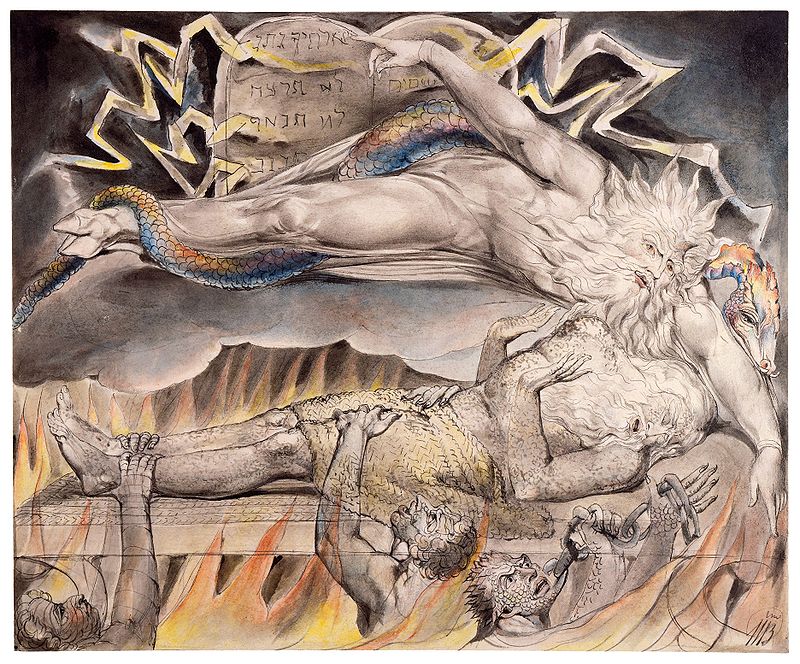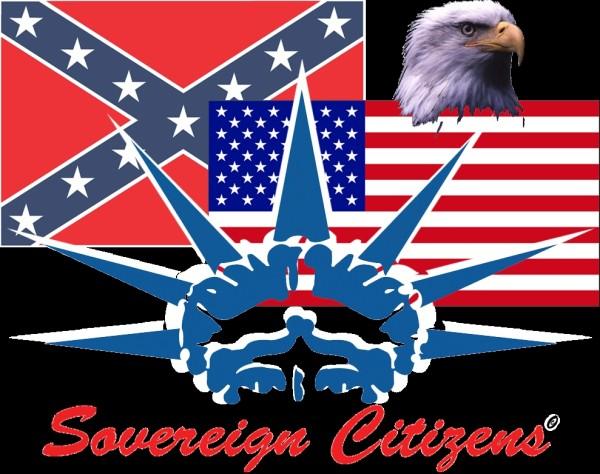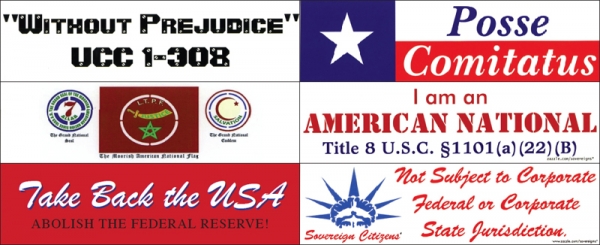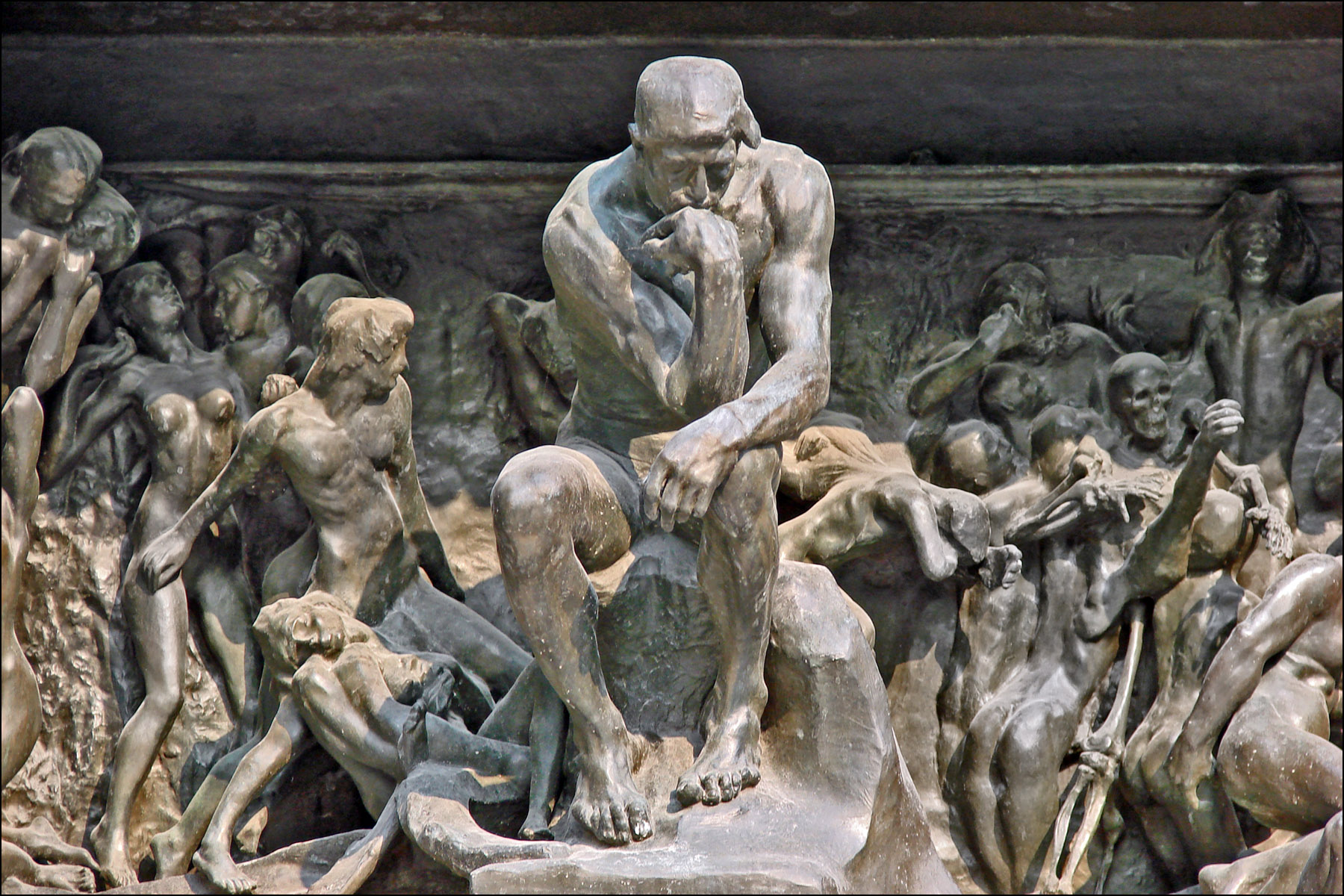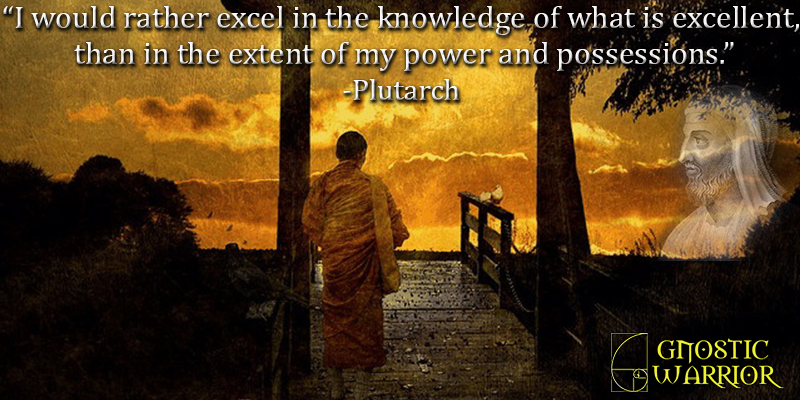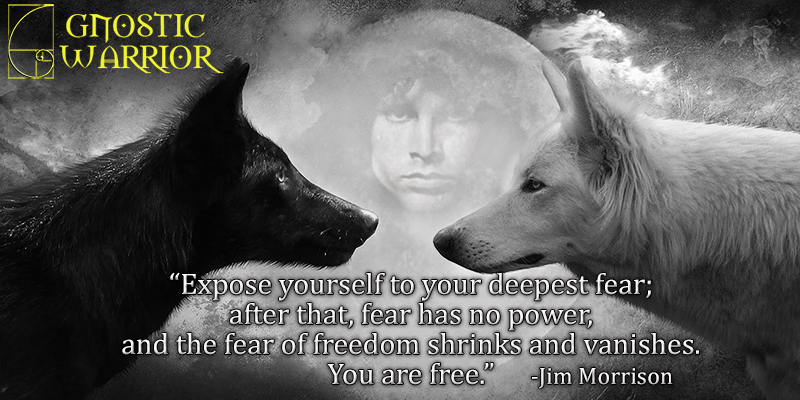“There is no power on earth to be compared to him.” – Job 41 . 24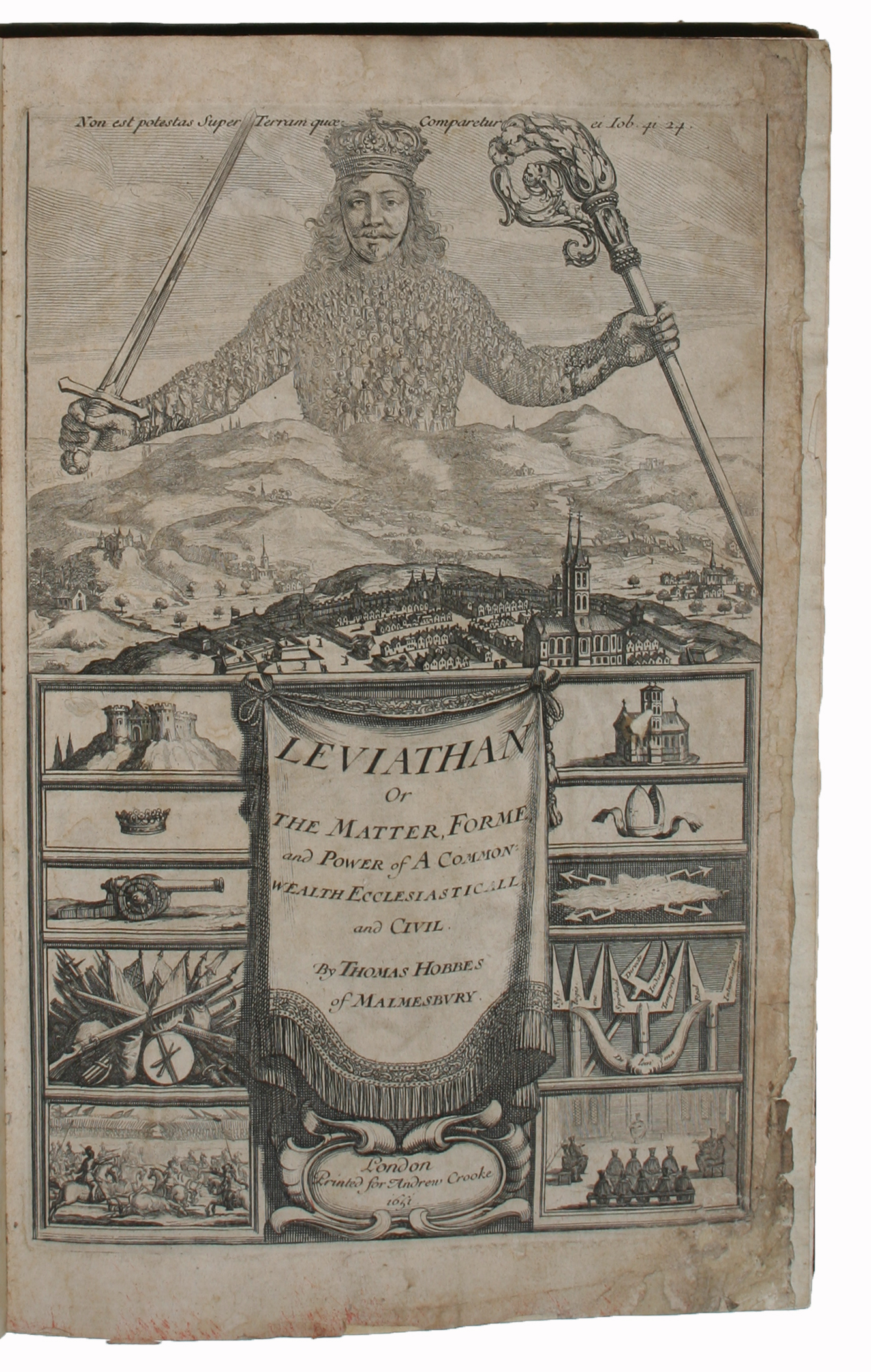
Leviathan, or The Matter, Forme, and Power of a Common-Wealth Ecclesiastical and Civil. London by the English philosopher Thomas Hobbes. He was one of the founders of modern political philosophy and political science. It was printed for Andrew Crooke, at the Green Dragon in 1651.
Hobbes published Leviathan in 1651. It builds on and extends his earlier works, Elements of Law (1640), and De Cive (1642), in which he had attempted to establish the foundations for a civil science, a science of political life. Hobbes’ intention is to show that man must subject himself to a sovereign power, a power greater than any other power known to man, save God.
The idea that we authorize those who govern us and that we are committed to obey precisely because we do so is so simple and yet so powerful, in part because of the intricate way in which Hobbes manages to drive a wedge between the origin and the exercise of sovereign power. He treats of the so-called Kingdom of Darkness, the conceptions of civil order which arise through the misguided or even misleading interpretation of Scripture.
According to Hobbes, society is a population beneath a sovereign authority, to whom all individuals in that society cede some rights for the sake of protection. Any power exercised by this authority can not be resisted because the protector’s sovereign power derives from individuals’ surrendering their own sovereign power for protection.
The individuals are thereby the authors of all decisions made by the sovereign.
“He that complaineth of injury from his sovereign complaineth that whereof he himself is the author, and therefore ought not to accuse any man but himself, no nor himself of injury because to do injury to one’s self is impossible”. There is no doctrine of separation of powers in Hobbes’s discussion. According to Hobbes, the sovereign must control civil, military, judicial, and ecclesiastical powers.
The State, it now seemed to Hobbes, might be regarded as a great artificial man or monster (leviathan), composed of men, with a life that might be traced from its generation under pressure of human needs to its dissolution through civil strife proceeding from human passions. The work closed with a general “Review and Conclusion”, in direct response to the war, which raised the question of the subject’s right to change allegiance when a former sovereign’s power to protect was irrevocably lost.(wikipedia)
Thomas Hobbes’ Magnus Opus, is one of the finest achievements of the modern mind. It has shaped political modernity in a way that only a few other texts have, both in the way it has been understood and the way in which it has been misunderstood.
In my article, The Secrets of Leviathan, I show that Leviathan is the dragon that devours the sun (eclipses) in Job 26:13, and the symbol of the political power we cannot tell; but we find an analogous case in the word Rahab as a symbol for Egypt (see on ch. Isaiah 30:7). In the Exodus of the Israelites, Leviathan is connected to the allusion of miracles and is described as a crocodile, the emblem of the ‘Pharaoh of Egypt, the great dragon (tanntvi) that lieth in the midst of his rivers’ (Ezk 29s). ‘The people inhabiting the wilderness’ (l’s, I.e.) are the wild beasts of the desert, to which Pharaohs host when they were in Egypt, “servants (serpents) to the house of Pharaoh.”
http://oyc.yale.edu/political-science/plsc-114/lecture-12

Moe is the founder of GnosticWarrior.com. He is a father, husband, author, martial arts black belt, and an expert in Gnosticism, the occult, and esotericism.


